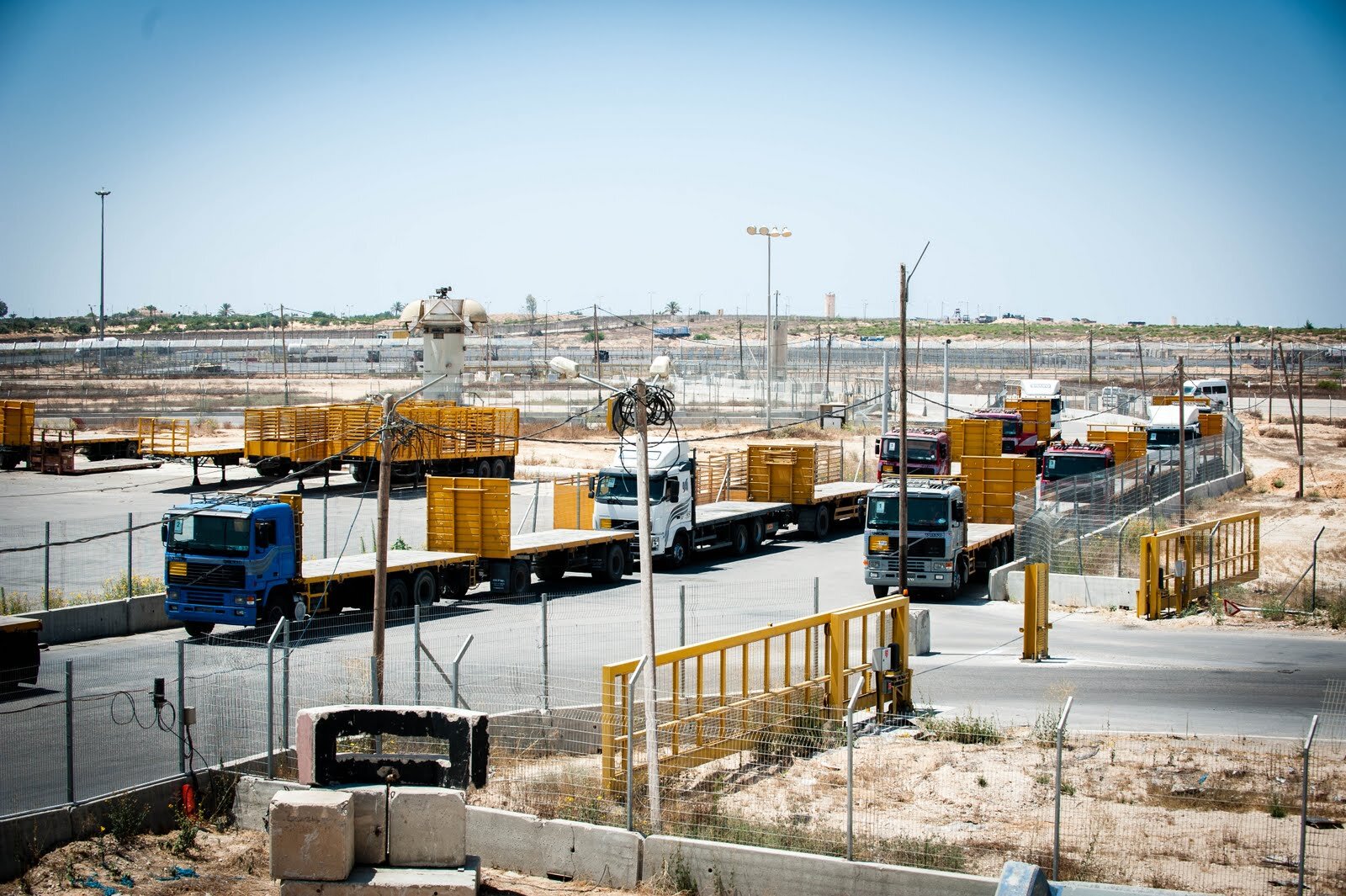Israel Soldier Receives One Month Community Service Sentence for Killing Minor
An Israeli soldier killed 14 year old Othman Halles as he was scaling a border fence between Gaza and Israel. (Flickr)
An Israeli military court convicted a soldier for killing a 14 year old demonstrator on the Gaza border last week. This conviction is the first issued for the killing of Palestinians on the border of Gaza protesting for a return to lands currently under Israeli control.
The Palestinian Health Ministry identified the victim as Othman Halles. A video circulated on social media last year shows Othman standing near the Gaza border with other protesters carrying Palestinian flags. He decided to climb the fence before he was shot in the torso.
The soldier was tried and convicted for “disobeying an order leading to a threat to life or health,” according to the army. His sentence includes 30 days of military-related community service, a further sixty days of suspension, and a demotion in rank to private.
The Israeli human rights organization B’tselem describes the Israeli military courts as a “façade of propriety masks [and] one of the most injurious apparatuses of the occupation. The military orders are all written by Israeli soldiers and reflect what they consider to be harmful to Israeli interests. Palestinians have no way of influencing the content of the military orders that rule their lives.”
The March of Return protests, in which Othman was participating, started on March 30, 2018, on Land Day, to protest Israel’s continued blockade of Gaza. The protesters demanded the rights to return to their native villages, now within Israel. These protests have continued into today, but with fewer participation as seventy three Palestinians were injured last week.
This conviction might set a trend for other border-protest-related convictions of Israeli soldiers. Othman’s father, Rami Helles, told the New York Times in an interview that he fears that the soldier’s punishment would “encourage his colleagues to kill in cold blood” rather than work as a deterrent.

